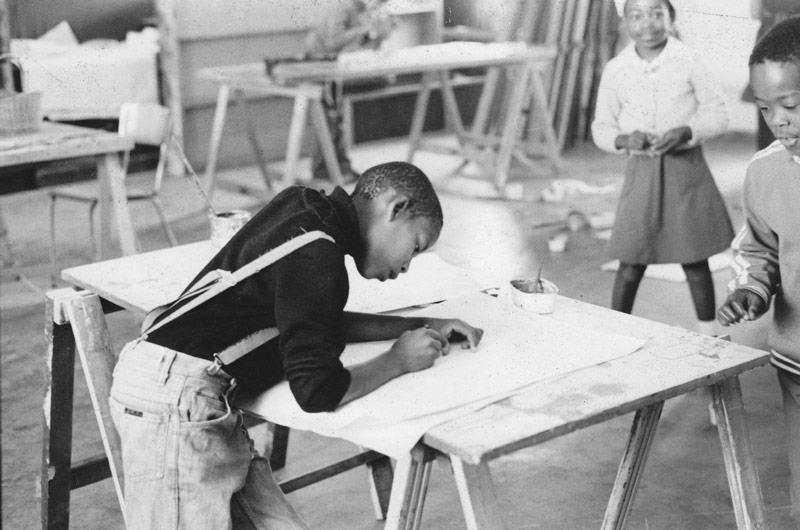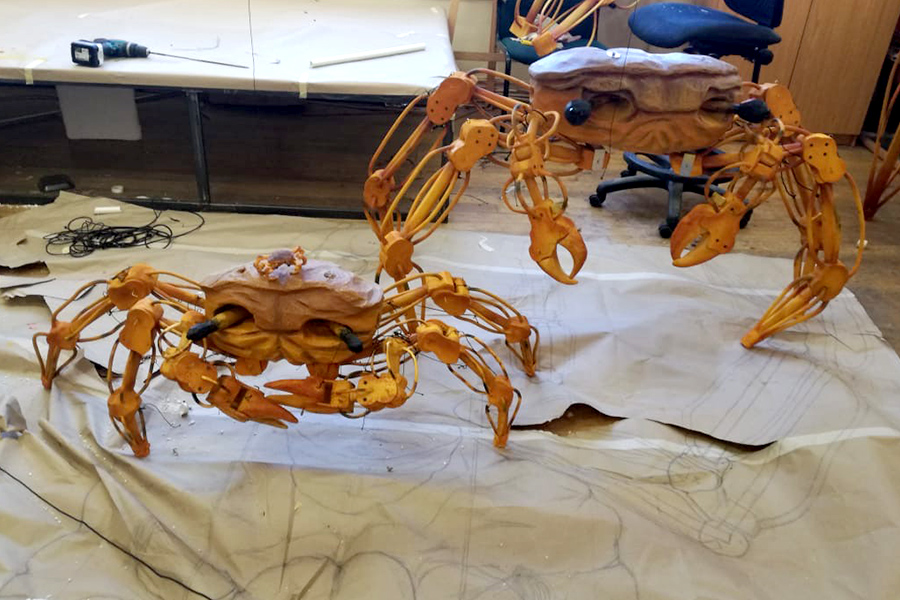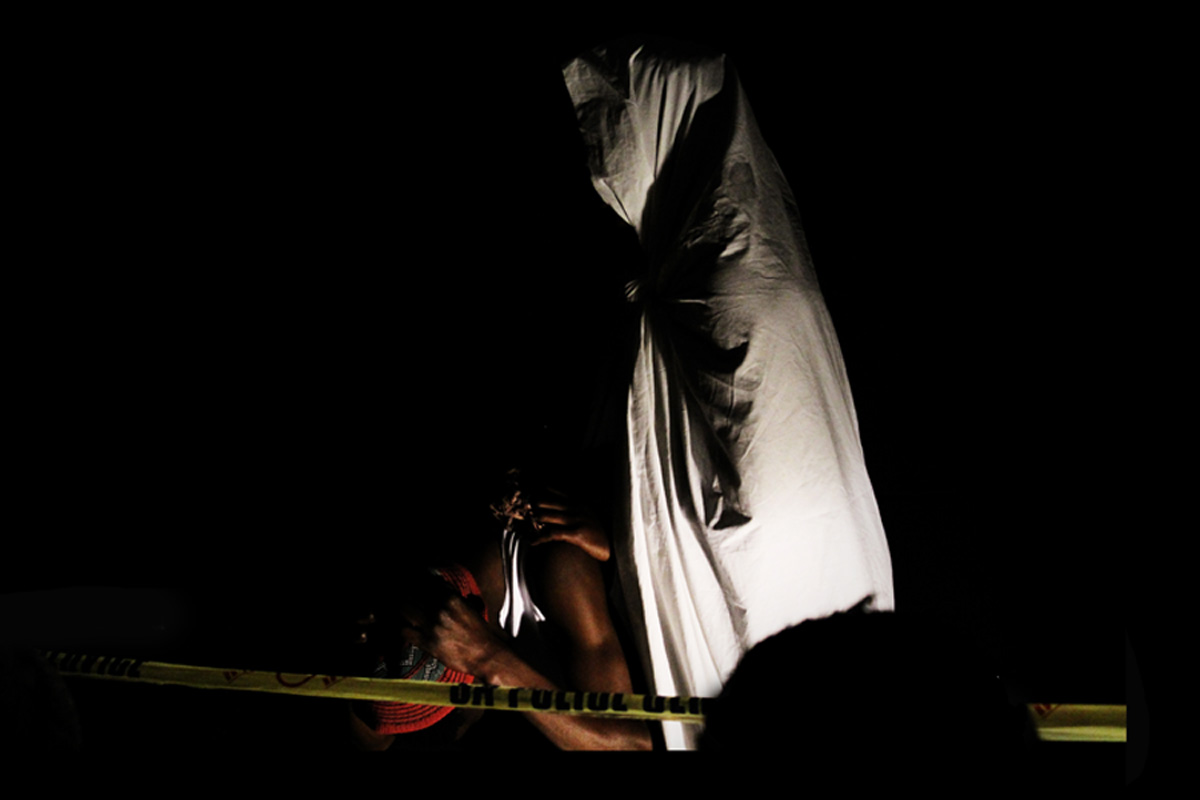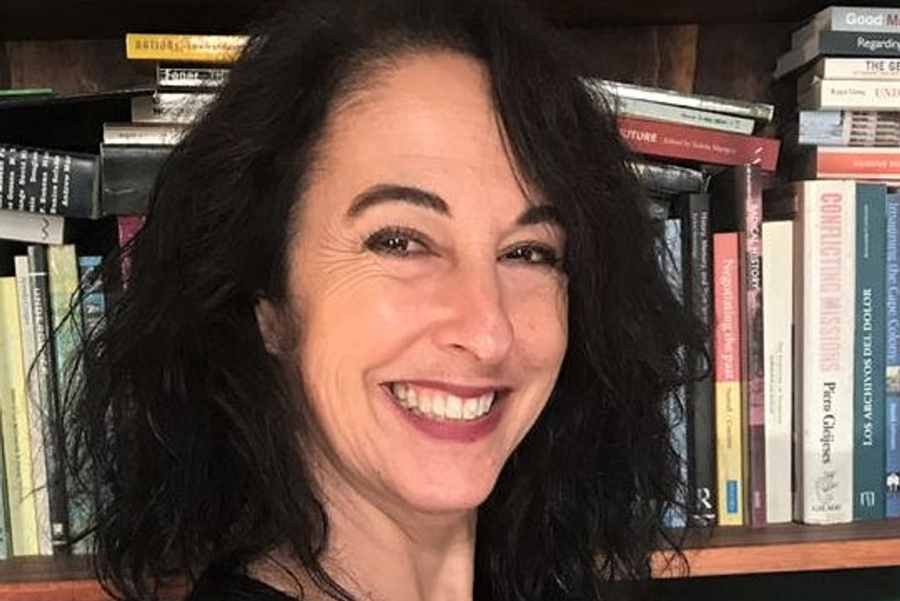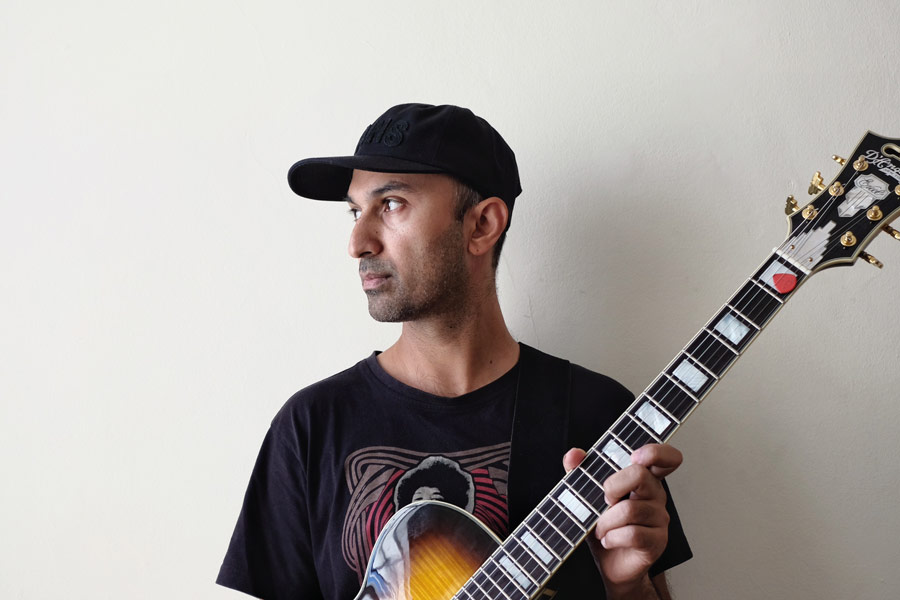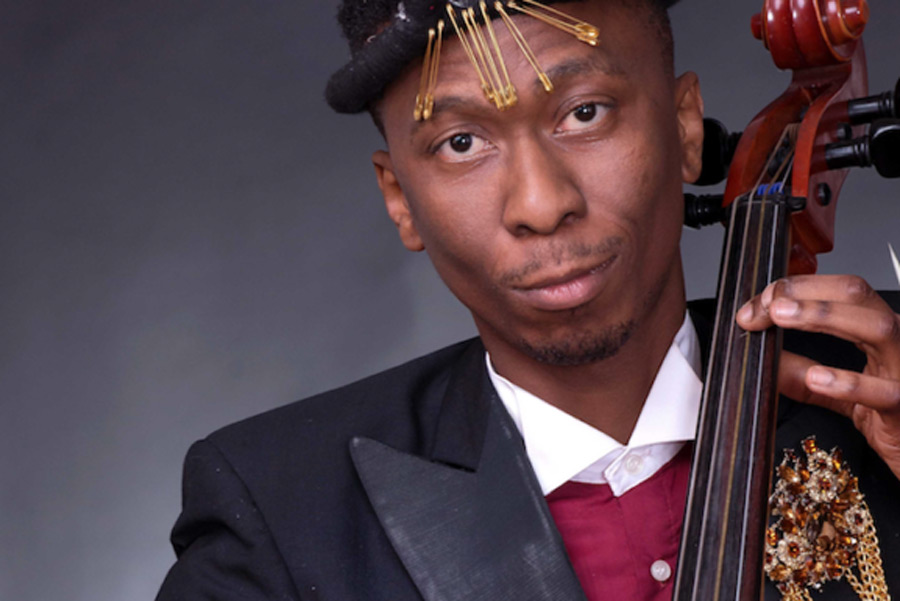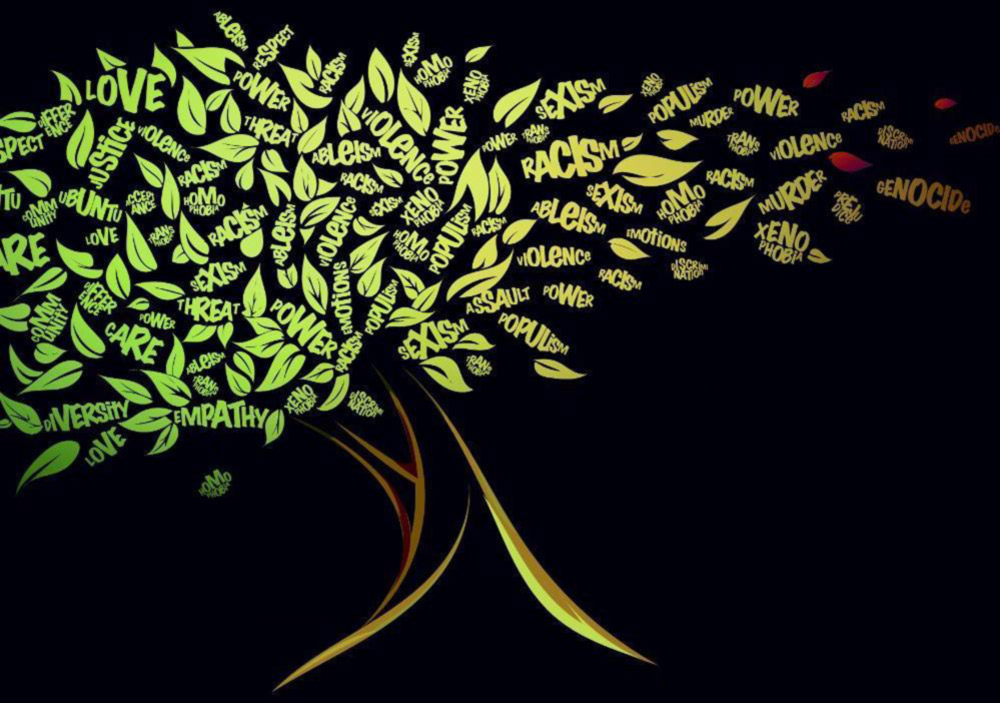In an unprecedented and unsettling conjuncture, the end of apartheid converged with a massive rise in global technological resources and a virtual exhaustion of cold war narratives that had defined much post-independence discourse in Africa. In its place, new questions of climate change, global warming, poverty and food security demanded the greater attention of institutions of higher education. A new constellation of technology and the human was increasingly discernable in the period after 1990 in South Africa, as elsewhere. This shift is central to CHR’s research on the Technical Becoming of the Human.
In South Africa, the transition to democracy is overwhelmingly described as a juridical achievement. Yet, the feeling that the legacies of apartheid appear insurmountable is also fast gaining ground. Often mistaken as the continuation of apartheid after its juridical and chronological end, we argue that the persistence of race might effectively be described in terms of a changed relation of the human and technology. The problematic of race that once defined the struggle against apartheid has morphed into a shift in the technological apparatus upon which vast sections of society now rest.
In contrast to being overwhelmed by techno-determinism and narratives of apocalypse, the CHR, with the help of artists associated with the former Community Arts Project and Handspring Trust of the Handspring Puppet Company established a Factory of the Arts. The Factory of the Arts is located at the Lydia William Centre for Memory in Chapel Street, District Six, with the aim to bring together established arts practitioners, students, communities (especially of those with little access to arts education) and humanities scholars in an ongoing search for a re-scripting of the meaning of the post-apartheid. Such a project is also aimed at forging international partnerships, especially with humanities scholars and artists elsewhere in Africa and beyond.
The Factory of the Arts is inspired by the precedents of the Community Arts movements of the 1970s and 1980 and the work of Handspring Puppet Company. But it is also aimed at bringing humanities research and arts practice in closer dialogue on the shifting terrain of technology that now refigures the discourse of race. Drawing from the theoretical ambitions of an aesthetic education produced through Gayatri Spivak’s notion of ‘playing’ with the epistemological inheritances that have shaped our modernity and contemporary global predicaments as well as from Stefano Harney and Fred Moten’s attitude of ‘studious play’ in jazz improvisation, the Factory of the Arts is an experiment in manufacturing an arts initiative in the humanities for artists and next generation artists, scholars and graduate students.




